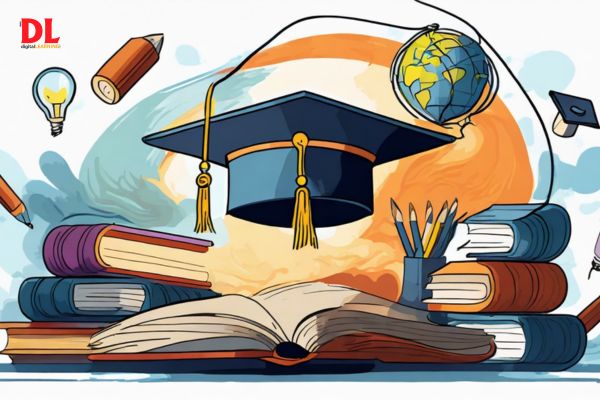
India’s higher education landscape is witnessing a profound transformation as institutions accelerate the shift toward learner-centric, technology-integrated and outcome-oriented academic models. The momentum aligns with the National Education Policy (NEP) 2020, which aims to widen access and elevate academic quality across the nation.
Reaching the NEP 2020 target of a 50% Gross Enrolment Ratio (GER) by 2035 will demand enrolment of 86.11 million students, reflecting a massive 85% increase from current numbers and requiring a steady 5.3% annual expansion in higher education capacity. These projections stem from the latest study, “Continuous Improvement Journey of Higher Education Institutions: Approaches and Practices Shaping the Future of Learning,” published by the Confederation of Indian Industry (CII) and Grant Thornton Bharat.
The report underscores that achieving this milestone will call for system-level innovation, widespread digital adoption and collaborative investment in infrastructure and faculty development.
The study stresses that while physical campuses will continue to play a significant role, traditional frameworks alone cannot support future enrollment demands. It advocates for a hybrid and diversified approach incorporating:
- Digital universities
- Virtual learning ecosystems
- Credit-based online programmes
- Anytime-anywhere flexible learning pathways
Such models are positioned to unlock access beyond geographical limitations and enable higher education to scale sustainably.
Insights in the report derive from focused deliberations with northern-region universities along with secondary data analysis.
Evolving workforce needs are prompting universities to rethink academic planning. With nearly 40% of core job skills set to change by 2030, employability is now emerging as a central principle of curriculum design.
Institutions are increasingly adopting:
- Micro-credentials and modular course credits
- Work-integrated and experiential learning models
- AI-driven evaluation systems
- Strategic industry collaborations
Also Read: NICSI donates 75 refurbished computers to boost digital learning in Baghpat schools
Together, these models aim to build job-ready graduates equipped with adaptable skills for a technology-driven economy.





















